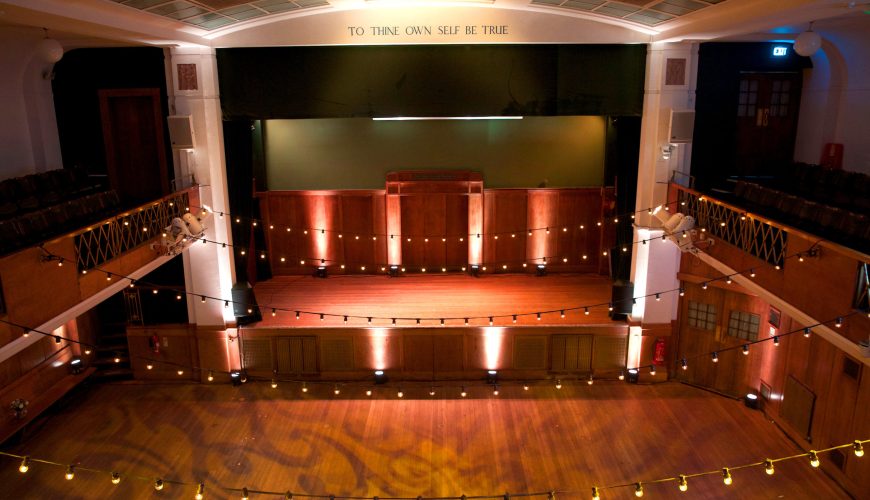Sunday Lecture: Do you really know how you feel?
24th November 2013 · 11:00am - 11:00am
In person | Virtual event

Conway Hall Ethical Society presents; Main Hall; Everybody understands what emotions are don’t they? They are feelings inside sort of. They are what we feel when we are happy and sad and stuff. There’s nothing to them. With a little more thought it seems obvious they are something that evolved for some reason to draw us towards pleasure (such as the right food) or away from pain (such as being eaten by a bear) but are they that simple or do cultures shape emotions? It turns out there’s a bit of an academic war going on and Richard believes that both sides are wrong because they are both right. One side (mostly psychologists) are convinced that emotions come from biological evolution and are universal. Although we might dress up emotions differently – such as the stiff upper lip of the Englishman against the histrionics we might expect of a Mediterranean if you’ll pardon the stereotypes – the underlying emotions are the same. The other side (mostly anthropologists) is confident that society and culture constructs emotions and that evolution had little to do with it; many cultures have emotions that we don’t even have words for in English. There is a third way.; Richard Firth-Godbehere first became interested in emotions and especially disgust while his wife was suffering from a phobia for vomiting. Since then he has been studying what emotions are and were and trying to find a way through the academic minefield that is the study of emotions. In this talk Richard will argue that emotions are biological and that we all have a number of neurochemicals and hormones that use the central nervous system to transmit a type of information that is just as essential as conscious thought but how we interpret those messages depends on having the language to recognize them. By taking us through time and examining the history of emotions Richard will explain why the Emperor Marcus Aurelius in the film Gladiator made a poor choice why Star Trek’s Data couldn’t choose an Ice Cream and why sin alone once decided whether an emotion was positive or negative. He will also make you feel an emotion or two you didn’t even know existed including one that doesn’t even exist. All this is to show how cultural language taps into universal bodily states allows us to know how we feel.; Richard Firth-Godbehere is a Wellcome Trust supported Doctoral Scholar in the Medical Humanities at the Centre for the History of Emotions Queen Mary University of London. He is researching how Abomination Horror the Uncanny Disgust and other ‘Aversion’ emotions were related to Medicine in the 17th and 18th Centuries.; Liz Lutgendorff is a General Committee member for Conway Hall Ethical Society. She has spent the last four years researching the UK secular movement including the history of Conway Hall Ethical Society. Her MA dissertation was on Frederick James Gould and her PhD research is focussing on the interaction of UK secularists from 1920-1930 within wider social and political movements. For the last four years Liz has been the deputy editor of The Pod Delusion a weekly news magazine radio show and podcast about interesting things all from a skeptical and rational point of view. Liz is also a co-ordinator of Soho Skeptics which puts on talks once a month on interesting topics from politics to science to technology. Liz is also appearing in the photo book by Chris Johnson titled A better Life: 100 atheists speak out on joy and meaning in a word without God. Liz believes that Conway Hall Ethical Society has an immensely rich and interesting past that should be shared with a new generation of people. The library and archives as well as the hall itself are priceless in terms of the history and sense of community they bring to the secular and humanist movement.; Entry £5 non-members. Free for members of Conway Hall Ethical Society.; This event will be in the Main Hall.; Tea and coffee will be available.